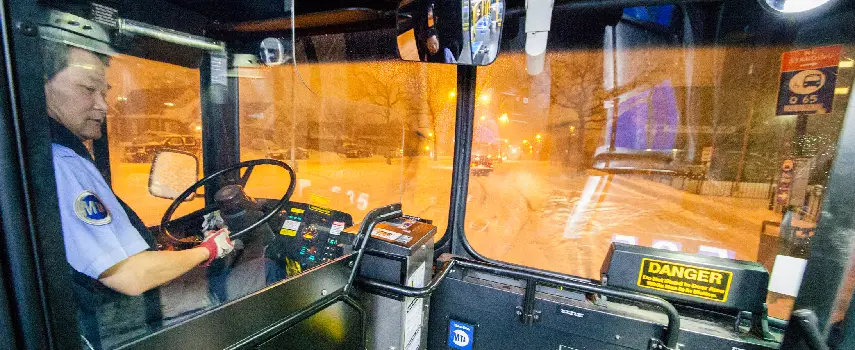New York City’s Metropolitan Transportation Authority (MTA) employs thousands of essential workers who keep the city moving—from bus drivers and subway operators to track workers, mechanics, and electricians. These workers face demanding and often dangerous conditions every day. Fortunately, when an injury or illness occurs on the job, most MTA employees are covered under New York State’s Workers’ Compensation system.
What Is Workers’ Compensation?
Workers’ Compensation is a form of insurance that provides wage replacement, medical care, and other benefits to employees injured in the course of their employment. In New York, the system is governed by the New York State Workers’ Compensation Board, which ensures that workers receive proper medical treatment and partial wage reimbursement without the need to prove fault.
MTA workers are part of a self-insured program, meaning that the MTA pays benefits directly rather than through a private insurance carrier. However, these benefits are still administered under the authority and rules of the Workers’ Compensation Board.
Who Is Covered?
Virtually all frontline MTA workers—including those employed by NYC Transit, MTA Bus, and the Triborough Bridge and Tunnel Authority—are eligible for workers’ compensation if they suffer a work-related injury or illness. This includes subway conductors, station agents, bus operators, track workers, signal specialists, and cleaners.
Eligible injuries can range from sudden accidents, like a slip-and-fall or vehicle collision, to repetitive stress injuries, such as back strain or carpal tunnel syndrome. Workers can also file claims for occupational diseases and even certain psychological conditions, such as post-traumatic stress disorder, though the latter may be subject to stricter scrutiny.
What Benefits Are Available?
Injured MTA workers are entitled to receive all necessary medical treatment at no cost, provided they use an authorized medical provider. In most cases, diagnostic treatment and medications must be obtained through the MTA’s designated network. MTA will send out a notice to inform you of approved providers. At no point is an injured worker monetarily liable for medical treatment in connection with a work-related injury.
In addition to medical benefits, workers who miss more than seven days of work due to an injury can receive wage replacement. The amount is typically two-thirds of the worker’s average weekly wage, up to a maximum set by the state. Those who suffer long-term or permanent impairments may qualify for additional compensation under permanent disability classifications.
In the unfortunate event that an injury results in death, surviving family members may be eligible to receive weekly death benefits and funeral expense coverage. For detailed guidance on all benefit types, the Claimant Information Packet provided by the Workers’ Compensation Board is a helpful resource.
How to File a Claim
Prompt reporting is crucial. Injured workers must notify their supervisor or employer in writing within 30 days of the injury. They then need to file a Form C-3 with the Workers’ Compensation Board within two years of the incident. The MTA is also required to file its own report FROI triggering the claims process.
Delays or errors in this process can significantly impact an employee’s ability to receive benefits. In fact, a 2020 audit by the New York State Comptroller found that MTA agencies faced hundreds of thousands of dollars in penalties due to late or mishandled claims. These administrative challenges underscore the importance of proper documentation and follow-through.
Can You Sue the MTA?

Workers’ Compensation typically prevents employees from suing their employer directly for workplace injuries.
However, if a third party—such as a contractor or equipment manufacturer—was responsible for the injury, the worker may be able to pursue a separate personal injury lawsuit.
This can allow for recovery of additional damages such as pain and suffering or loss of future earnings. Consulting a qualified workers’ compensation attorney can help determine the best course of action.
Where to Get Help
Navigating the Workers’ Compensation system can be overwhelming, especially while recovering from an injury. Workers can contact the New York State Workers’ Compensation Board for official information or reach out to their union for support. Whether you’ve been injured while operating a subway train, working on a track crew, or driving a city bus, workers’ compensation is a critical safeguard. By understanding your rights, acting quickly, and following proper procedures, you can ensure that you get the benefits and protection you deserve.


